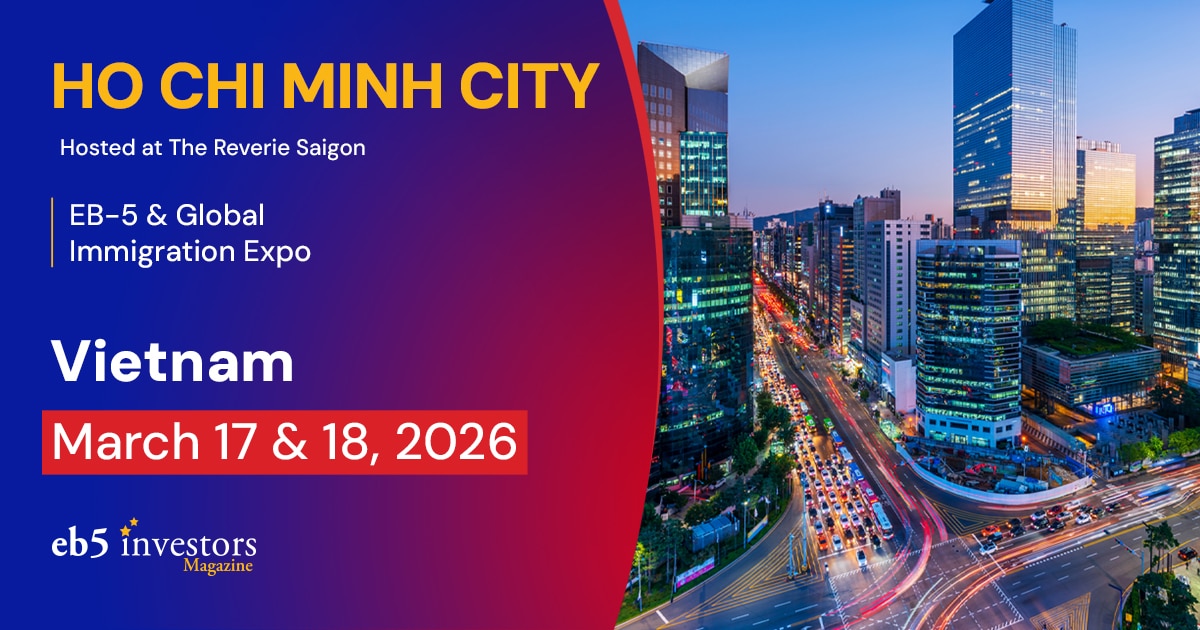What is a visa?
U.S. visas enable foreigners to enter the United States for either a temporary or permanent period of time. There are many different U.S. visa categories and the visa that is most appropriate for a foreign national depends on their specific situation. All U.S. visas involve an application process. This process varies depending on the type of nonimmigrant visa or immigrant visa that is being pursued. Those living outside of the United States will typically have to apply for a visa through the Department of State, which requires an interview at a U.S. embassy or consulate. Most visa applicants, including those who live within the United States, also have to submit an application to the United States Citizenship and Immigration Services (USCIS). The foreign residents can then enter the United States for the allotted period of time that their particular visa allows.
Nonimmigrant Visas
Nonimmigrant visas permit foreigners to come to the United States for a set, temporary period of stay. Nonimmigrant visas include visitor visas, exchange visas, and temporary worker visas. Visitor visas enable foreigners to visit the United States for business, tourism, pleasure, or medical treatment.
Examples of visitor visas include B-1 visas for business visitors and B-2 visas for tourists. Exchange visas allow foreigners to participate in academic, educational, cultural, governmental or professional exchange programs. Examples of exchange visas include J-1 visas for those enrolled in cultural exchange programs. Student visas enable foreign students to come to study at U.S. colleges or universities. Examples of student visas include F-1 visas for students and M-1 visas for vocational student program participants. The last main category of non-immigrant visas includes temporary worker visas. Temporary worker visas are for foreign workers who enter the United States for employment. Examples of temporary worker visas include H-1B visas for specialty occupation workers, E-2 visas for treaty investors, L-1 visas for intracompany transfers, and O-1 visas for those with extraordinary achievement or ability.
Immigrant Visas
Immigrant visas enable foreigners to live and work in the United States as lawful permanent residents. Entry into the U.S. using an immigrant visa makes an individual a lawful permanent resident or green card holder. Immigrant visas are based on familial relationships, selection in the diversity visa lottery, asylum, or employment based immigrant visas (enable certain family members of U.S. citizens or permanent residents to immigrate to the US.
The diversity immigrant visa program, also known as the green card lottery, grants visas to applicants from countries that have historically low rates of immigration to the United States. Diversity program visas are chosen at random by a computer program. Employment based visas are given to workers who immigrant to the United States to work permanently. Additionally, there are five categories of employment based visas. EB-1A visas are for workers with extraordinary ability, EB-1B visas are for outstanding foreign researchers or professors, EB-1C visas are for managers and executives transferred from multinational corporations, EB-2 visas are for workers with advanced degrees or nationals whose immigration is in the national interest, EB-3 visas are for skilled, unskilled, and professional workers, EB-4 visas are given to religious workers, and EB-5 visas are given to immigrant investors who make an investment in a U.S. business.






